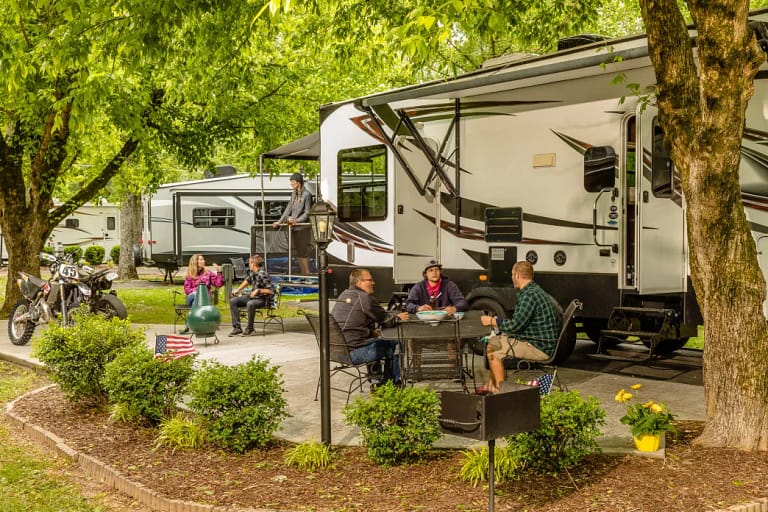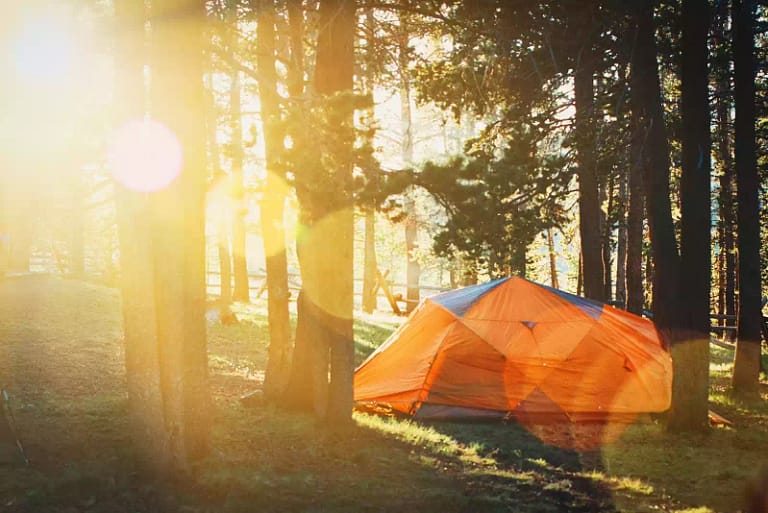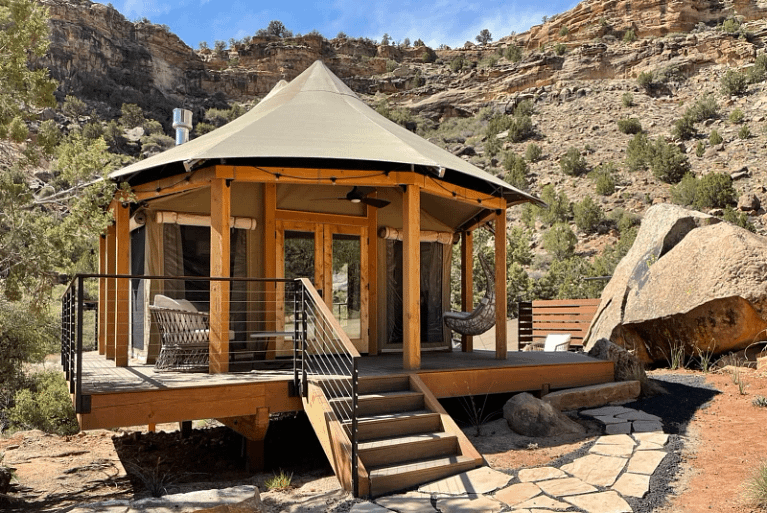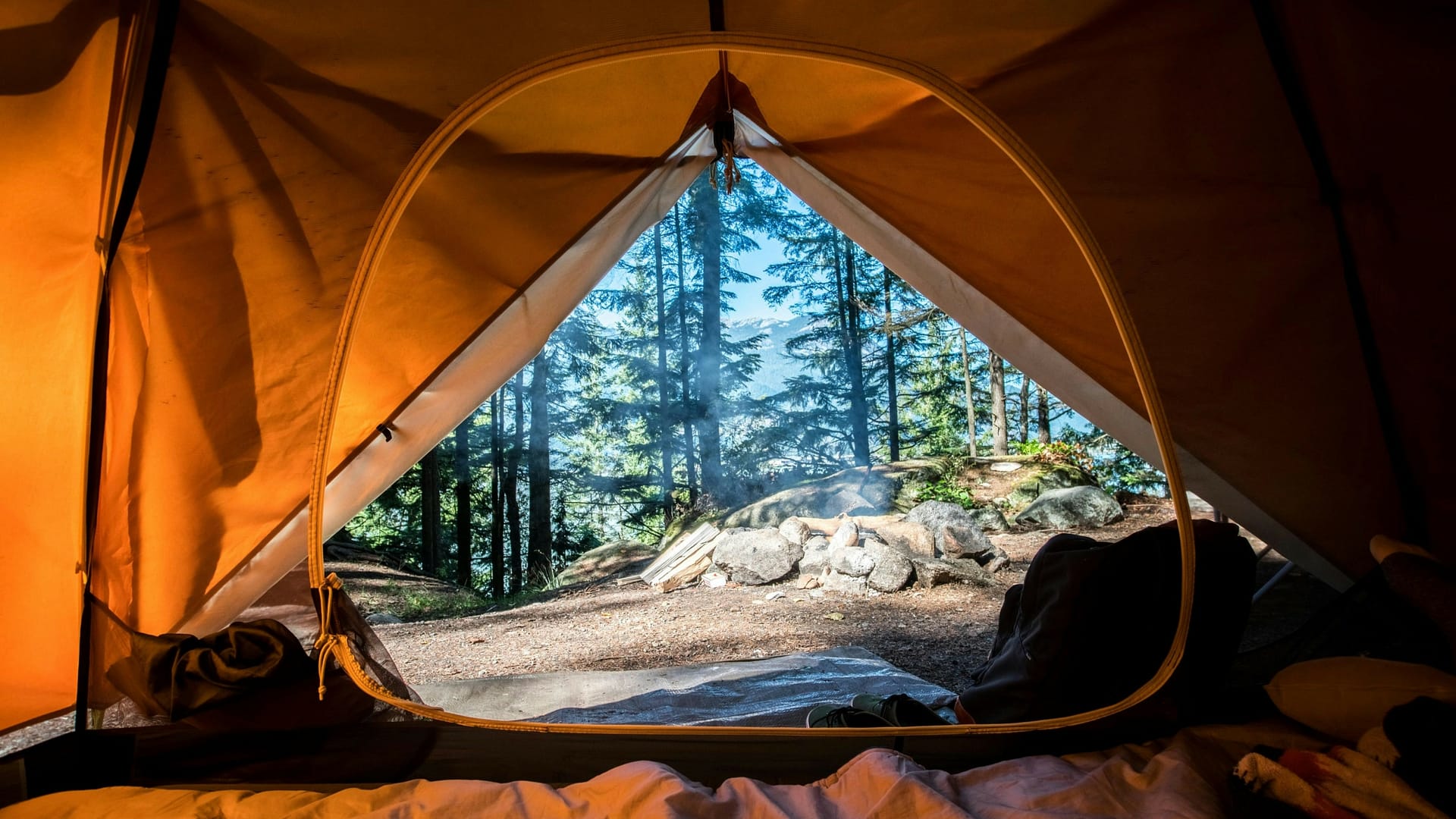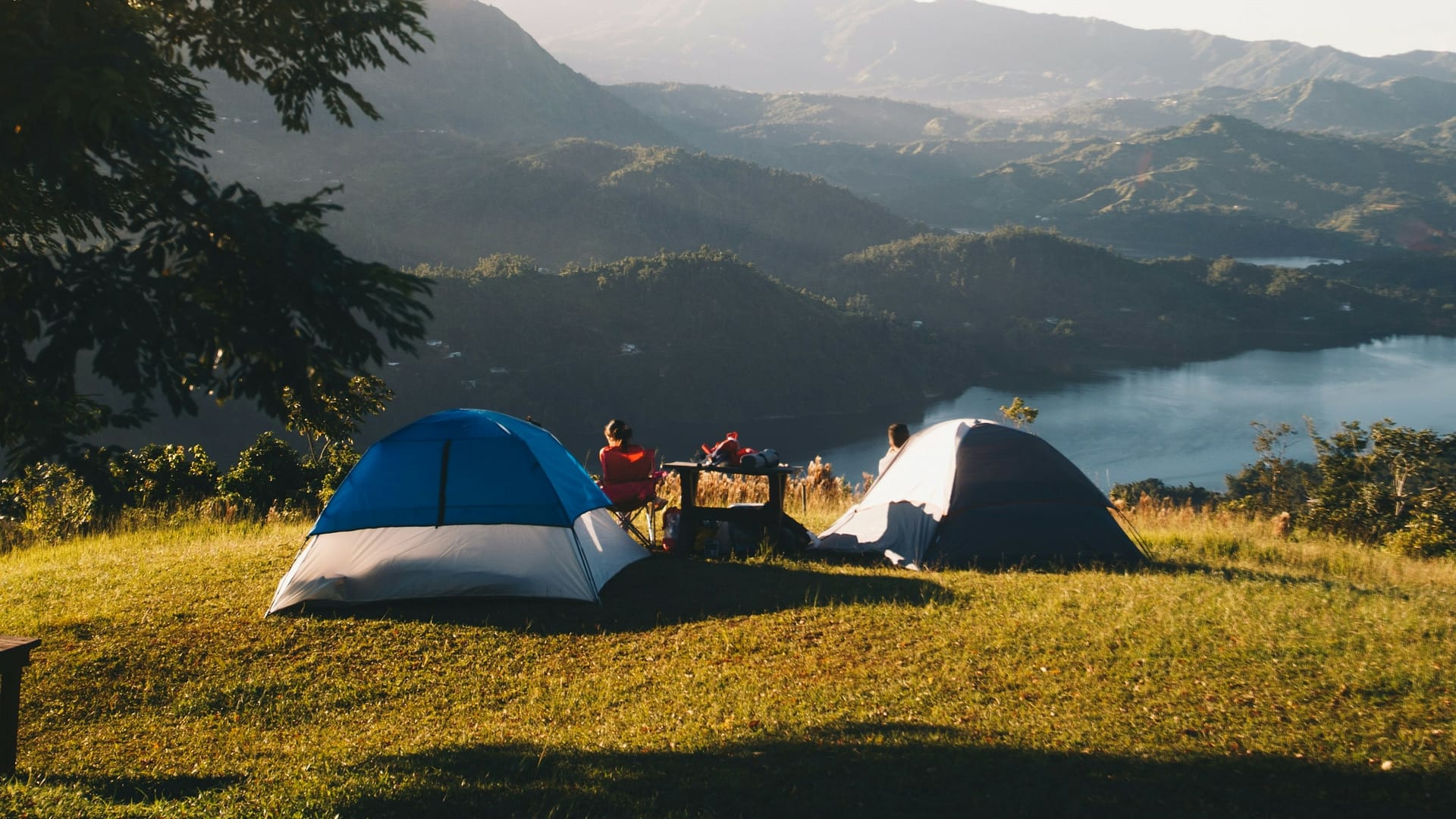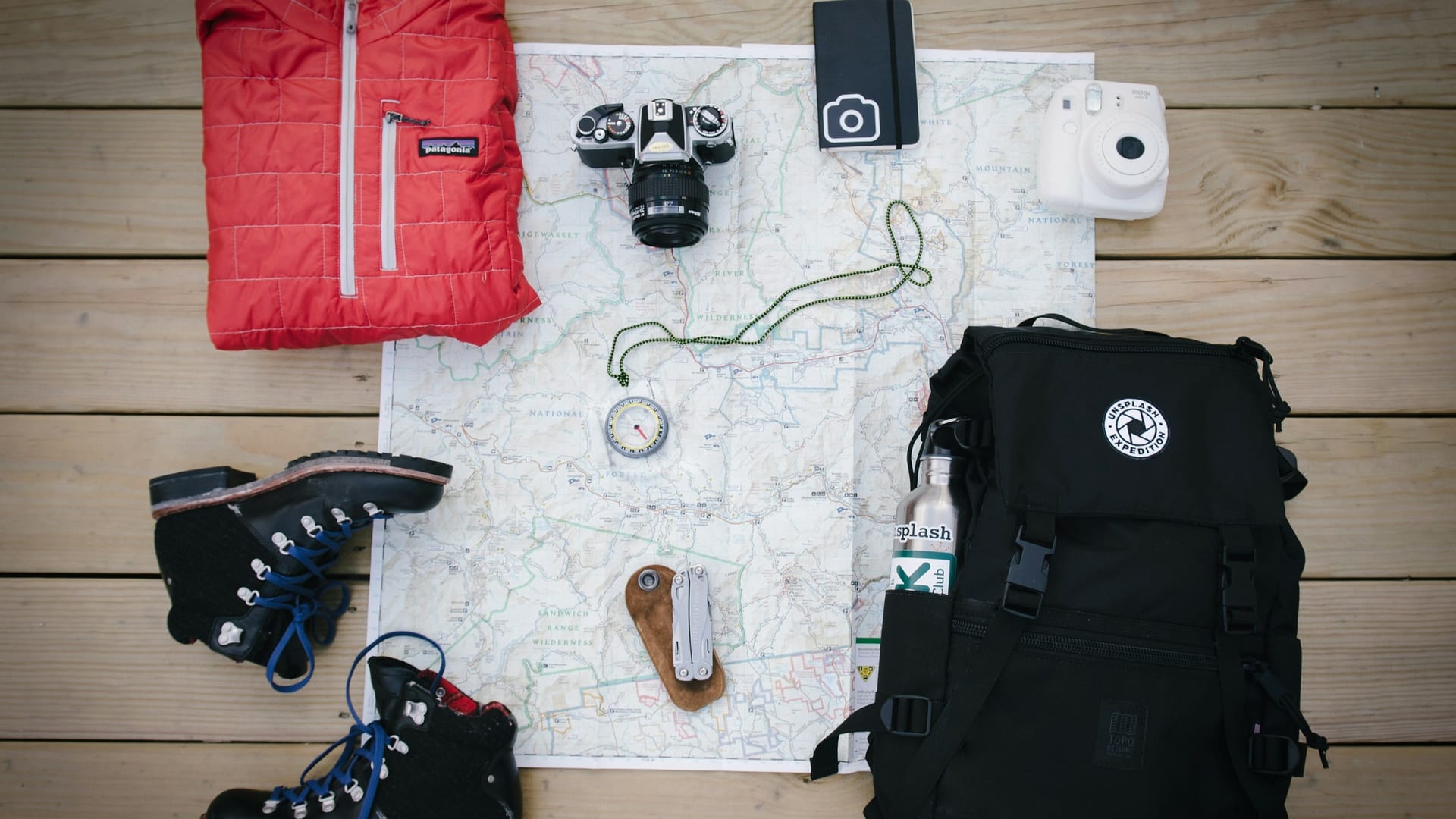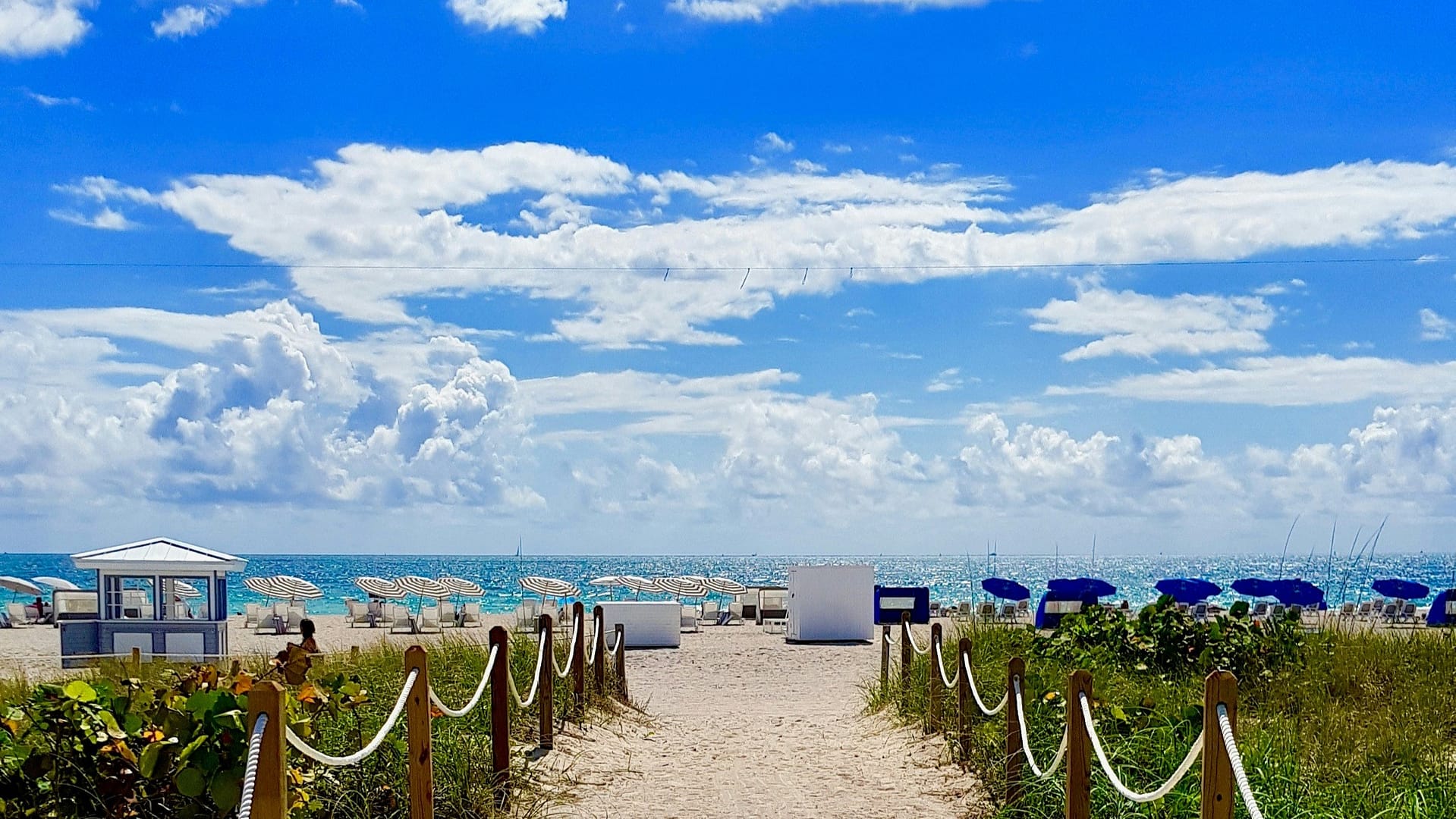RV hookups are essential to enjoying the comforts of home while on the road. Whether you’re a seasoned RV enthusiast or a beginner, understanding how to connect your vehicle to external resources properly is vital. This comprehensive article will serve as a beginner’s checklist, providing valuable dos and don’ts for a successful RV hookup experience. From essential equipment to safety precautions, maintenance tips, and an exploration of different hookup types, this guide will equip you with the knowledge necessary to navigate the world of RV hookups confidently.
In this article:
ToggleEssential Equipment for RV Hookups
Dos for Properly Connecting RV Hookups
Conducting a Site Inspection
Before setting up, inspect the campsite for the location and condition of the hookups. Look for hazards such as low-hanging branches or uneven ground that could affect your RV’s clearance or stability.
Properly Plugging in the Power Cord
Ensure your RV is turned off before connecting the power cord. Plug the cord into the campground’s electrical pedestal, then connect the other end to your RV. Double-check that the connection is secure and that you use the correct amperage for your RV’s electrical system.
Connecting to Water Supply
Connect your drinking water-safe hose to the campground’s water supply, ensuring it’s tightly secured. Open the water valve gradually to avoid sudden water pressure surges that could damage your RV’s plumbing.
Hooking up the Sewer Hose
Attach the sewer hose to your RV’s waste outlet, ensuring a tight connection. Then, connect the other end to the campground’s sewer hookup. Make sure both ends are properly sealed to prevent any leaks or odors.
Don’ts and Common Mistakes to Avoid
Overloading Electrical Connections
Don’t overload the electrical system of your RV or the campground‘s supply. Be mindful of the appliances you’re using simultaneously, and switch off unnecessary electrical items to avoid tripping circuits or causing damage.
Mixing Up Water Sources
Avoid connecting your drinking water hose to non-potable water sources like the sewer hookup. This can lead to contamination and health hazards. Always use separate hoses for different purposes and clearly label them.
Incorrectly Handling Sewage Disposal
Never dump your waste tanks anywhere other than the designated sewage hookup. Improper disposal can harm the environment and create unsanitary conditions. Follow the campground’s rules and regulations regarding waste disposal.
Ignoring Weight and Balance Guidelines
Don’t overlook weight and balance guidelines for your RV. Properly distribute weight inside and when towing to maintain stability on the road. Overloading your RV can lead to poor handling and potential accidents.
Safety Precautions for RV Hookups
Understanding Electrical Safety
Regarding RV hookups, electrical safety should be at the top of your priority list. Before plugging in your RV, ensure you understand your vehicle’s power source and electrical requirements. Using the right adapters and surge protectors is crucial to prevent any damage to your RV’s electrical system. Remember, a burnt-out electrical system is not the souvenir you want to bring back from your camping trip.
Water Safety and Filtration
Water is an essential part of any RV adventure, but ensuring it’s safe for your use is important. Before connecting to a water source, consider investing in a water filtration system to remove impurities. This will give you peace of mind and keep your RV’s plumbing tip-top shape. Don’t forget to pack a water pressure regulator to prevent unexpected water pressure surprises. Nobody wants a shower that feels like standing under a waterfall!
Handling Sewage Properly
I’ll spare you the details, but let’s say that dealing with sewage isn’t the most glamorous part of RV life. However, it’s a necessary evil if you want to enjoy all the comforts of home on the road. The golden rule here is always to use designated RV dump stations or hookups to dispose of your waste properly. Nobody wants a neighborhood scandal involving your RV and a rogue sewage hose. Trust me on this one.
Maintenance and Troubleshooting Tips
Regular Inspection and Cleaning
Like any other vehicle, your RV needs regular TLC to keep running smoothly. Take some time to inspect and clean your RV’s hookups regularly. Look for wear and tear, loose connections, or leaks. A little maintenance now can save you from major headaches down the road. Plus, it gives you an excuse to wear a cool-looking tool belt and pretend you’re a fancy RV inspector.
Troubleshooting Common Issues
Despite your best efforts, your RV hookups can sometimes go wrong. It’s like they have a mind of their own. But fear not; troubleshooting common issues doesn’t have to be a nightmare. Check your circuit breakers, fuses, and GFCI outlets if you’re experiencing electrical problems. For water issues, check for air bubbles in the water lines or clogs in the filters. And if you’re dealing with sewage woes, double-check your valves and connections. Just be prepared to get a little dirty, metaphorically and possibly literally.
Understanding Different Types of RV Hookups
Full Hookups vs. Partial Hookups
When it comes to RV hookups, not all campsites are created equal. Some offer full hookups, which include electricity, water, and sewage connections, while others only provide partial hookups. Understanding the difference between the two can save you from disappointment on arrival. Remember, nothing ruins a camping trip like dreaming of a long, hot shower and realizing you’ve got nothing but a bucket and a prayer.
Differences in Amp Service
Amps might sound like something out of a sci-fi movie, but they’re an important part of your RV hookup experience. Different campsites offer varying amp services, usually 30 amps or 50 amps. Make sure you know which one your RV requires and what the campground offers. Trust me, you don’t want to be left in the dark, quite literally, because your RV is thirsty for a higher amp service.
Dry Camping and Boondocking
If you’re feeling adventurous and want to venture off the beaten path, dry camping, and boondocking might be right up your alley. Dry camping refers to camping without hookups, while boondocking involves camping in remote or undeveloped areas. While these options offer freedom and solitude, they require careful planning and self-sufficiency. Just be prepared to embrace your inner survivalist and live off the grid for a while. Don’t worry; your favorite reality TV show won’t be filming your adventures (unless you count your own GoPro footage).
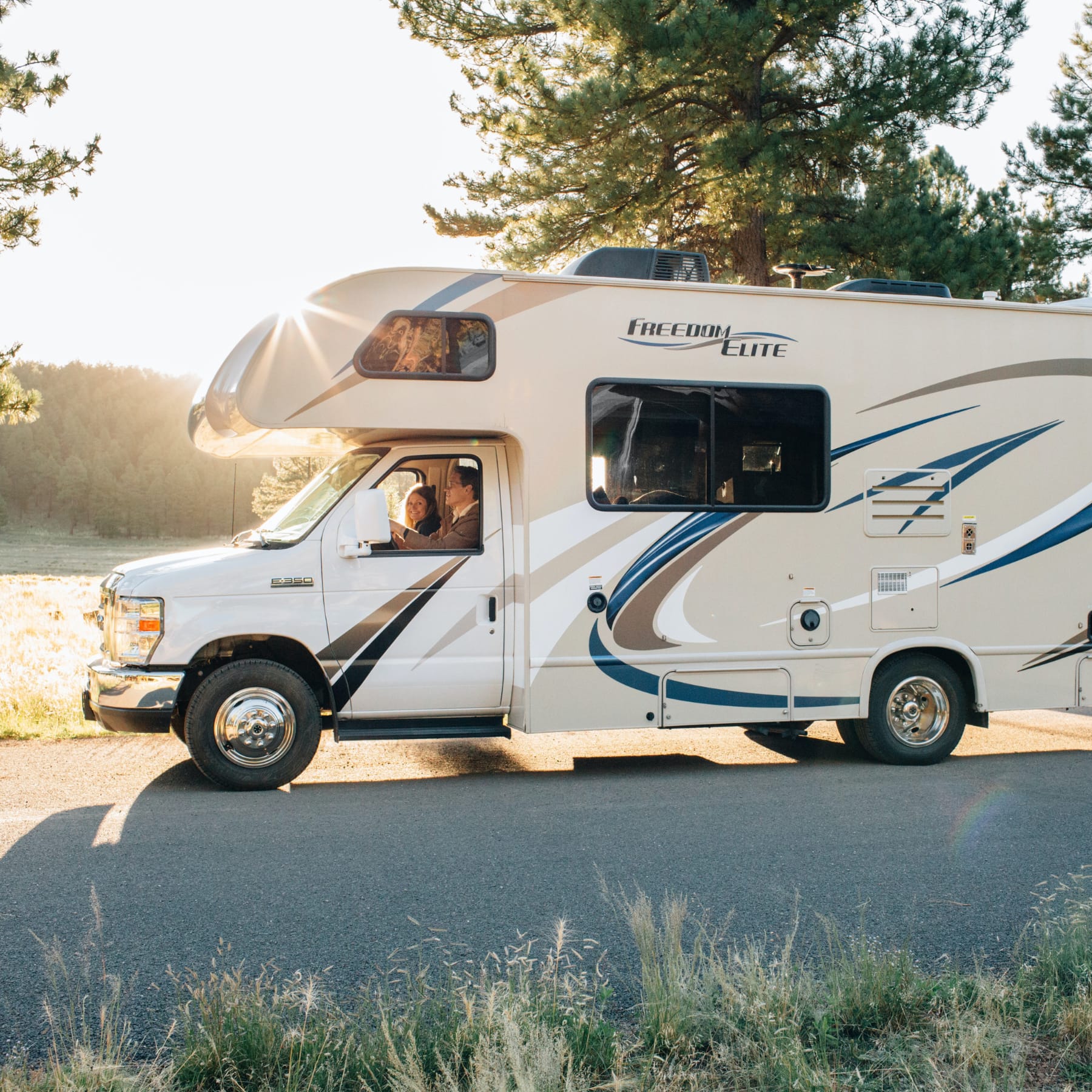
Final Tips for a Successful RV Hookup Experience
So, you’re almost ready to embark on your RV hookup adventure? Fantastic! Here are some final tips to ensure a successful experience:
- Always carry extra hoses, adapters, and extension cords. You never know when you’ll need that extra length or a different connection.
- Don’t be shy about asking your fellow campers for advice or help. RV enthusiasts are a friendly bunch and love to share their wisdom.
- Be mindful of campground rules and etiquette. Nobody wants to be the noisy neighbor or the person who leaves their empty potato chip bag floating around the campsite.
- Finally, embrace the unexpected and have a sense of humor. RV life is full of surprises and unplanned adventures. Embrace the quirks, the mishaps, and the unexpected detours. After all, that’s what makes the journey memorable.



